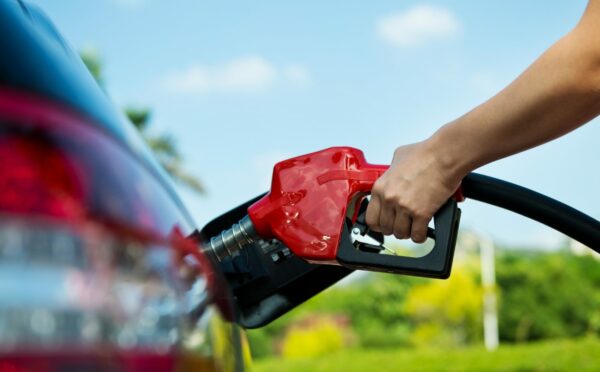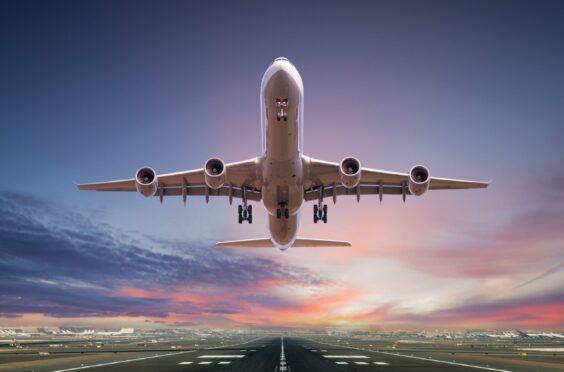
Prices at the pumps have skyrocketed in recent weeks with average fuel costs reaching the highest level on record, putting further pressure on those already struggling with the rising cost of living.
Petrol could soar to £2.50 a litre, while diesel could hit £3 and may even be rationed, experts warn, as Russia’s invasion of Ukraine impacts the economy. A seaside town in Scotland was last week named the country’s costliest place to buy fuel as prices on one forecourt soared to nearly £2 for a litre of diesel.
The petrol station was Shell’s Bawbee station in Leven, Fife. Prices for one litre of diesel had soared to £1.99 while unleaded was £1.76. The UK average for a litre of diesel was £1.69 and £1.58 for unleaded.
RAC fuel spokesman Simon Williams said that while fuel prices in Scotland remained among the highest in the UK, he was hopeful that retailers would soon start to pass on recent reductions in the price of wholesale fuel to drivers when they next buy supplies.
“That ought to lead to petrol stabilising at around £1.60 while diesel ought to stay where it is based on current wholesale prices,” he said. “Drivers badly need a break from these relentless daily rises.”
In a bid to ease the blow to motorists’ wallets, consumer champion Which? has produced a 10-point plan to ease the rising costs of motoring. Natalie Hitchins, spokesperson for Which? said: “Soaring fuel prices will be a real concern for millions of people who rely on a vehicle and may already be feeling the impact of the cost of living crisis.
“However, there are steps drivers can take to lower fuel consumption and spend less at the pump.”
Fill up at the supermarket
Branded fuel from petrol stations is often more expensive than at supermarket stations. Petrol is also generally cheaper in towns and cities than in rural locations. Many supermarkets offer loyalty cards. Drivers collect points every time they fill up, which can be exchanged for cashback or discounts.
Avoid premium unleaded petrol
While there’s no harm in using super unleaded, there’s usually no benefit either, unless you drive a high-performance car that specifically requires it.
Stick to the speed limit
Driving at higher speeds leads to higher fuel consumption. Driving on the motorway at 80mph uses around 25% more fuel than driving at 70mph, while travelling at 70mph instead of 60mph in an open speed limit zone will use 9% more fuel.
Drive smoothly
Driving style can have an impact on fuel consumption. Try to accelerate smoothly while avoiding harsh throttle inputs or slamming on the brakes unnecessarily. Skipping gears when changing (such as switching directly from 1st to 3rd gear) can also reduce fuel consumption.
Reduce drag
Removing any heavy equipment, such as roof and bike racks will improve efficiency, as will emptying your boot. Driving with open windows also causes significant drag, so keeping them closed will prevent this.
Don’t warm up your engine
Use an ice scraper or de-icing spray if your car is iced over – which saves fuel by not relying on the car’s heating.
Turn equipment off
Air conditioning, demisters, headlights and rear windscreen heaters are big energy-sapping items in most modern cars. Try to use them only when it is really necessary.
Use a satnav
Many up-to-date navigation apps can show drivers the most economical routes and avoid fuel-sapping traffic jams.
Maintenance matters
Under-inflated tyres and misaligned wheels will drag down a car’s fuel economy and can also be costly to repair. Making sure cars are serviced on schedule can help drivers avoid hefty bills further down the line.
Need a new car? Go electric
If you can charge at home and switch to a competitive tariff, becoming an electric vehicle motorist could save you money.

Enjoy the convenience of having The Sunday Post delivered as a digital ePaper straight to your smartphone, tablet or computer.
Subscribe for only £5.49 a month and enjoy all the benefits of the printed paper as a digital replica.
Subscribe

